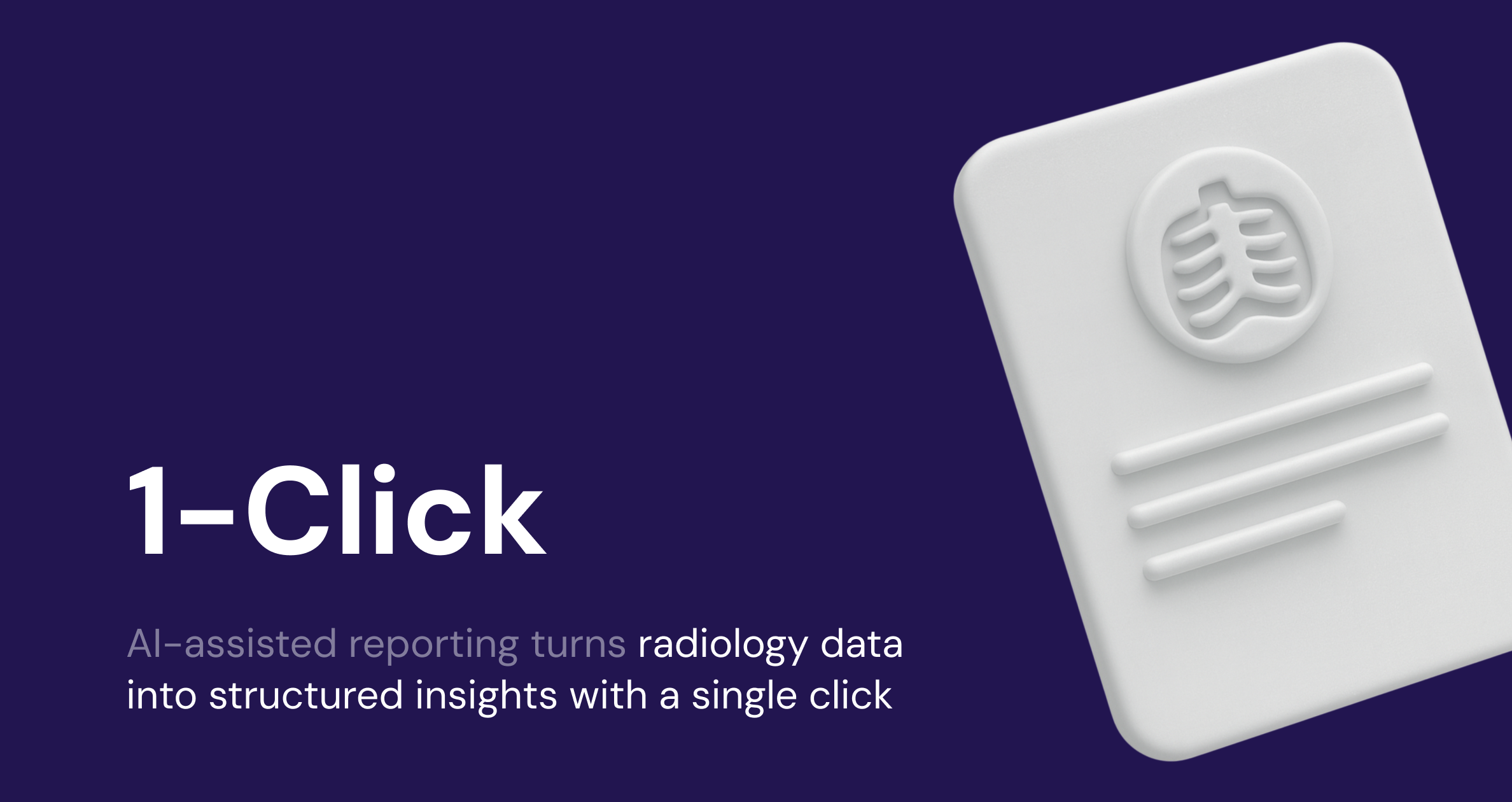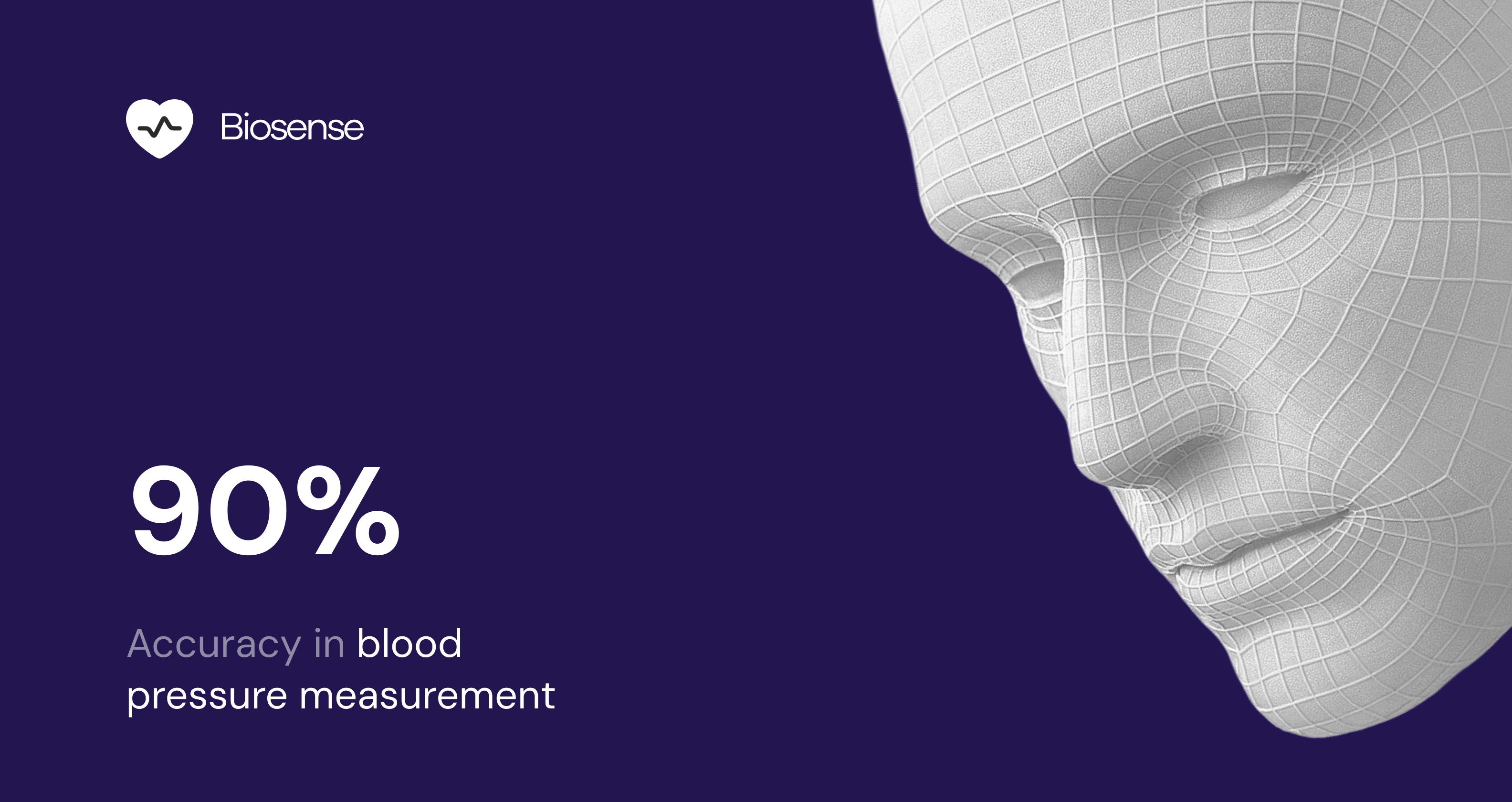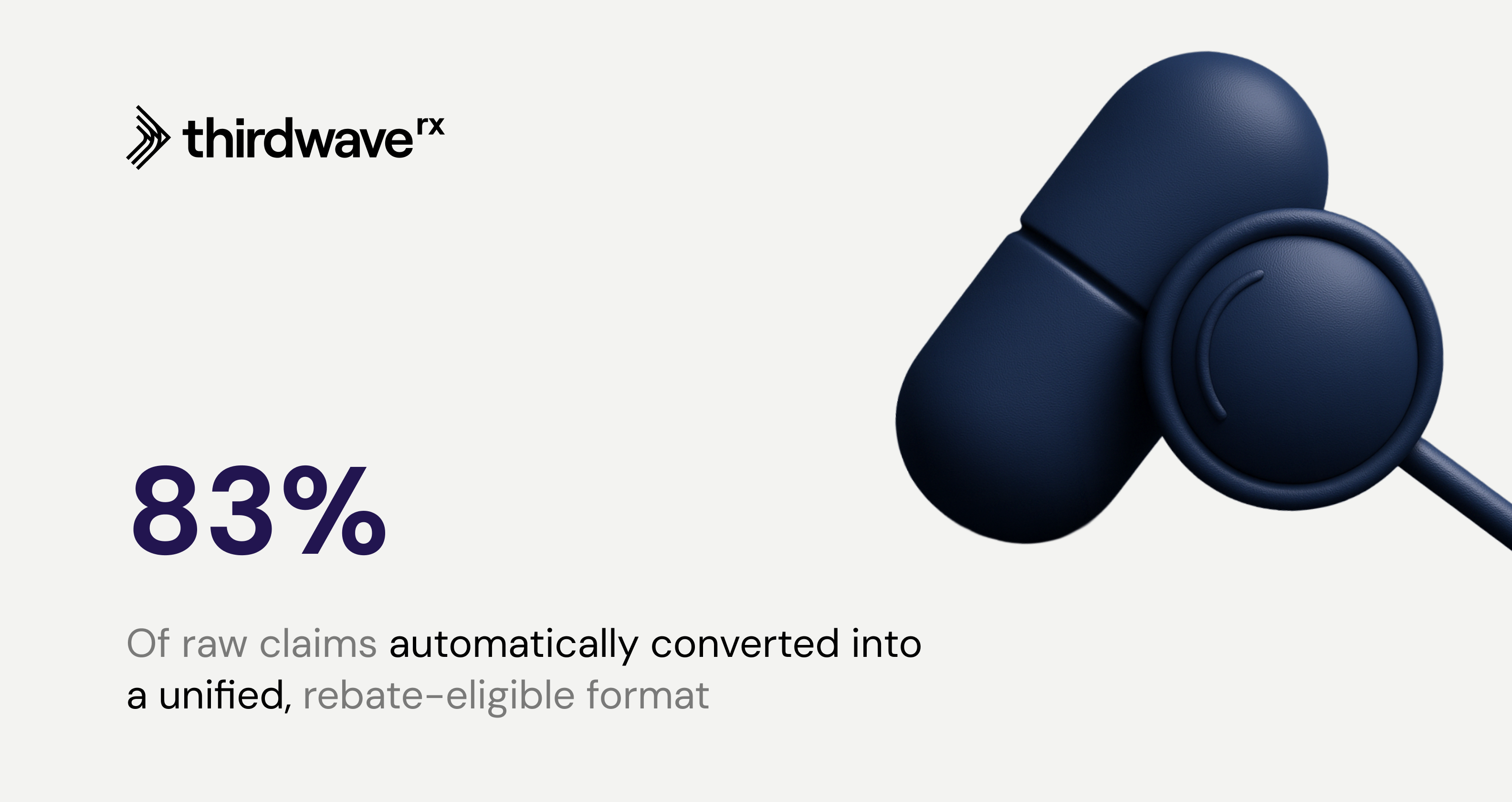This study proposes a machine learning-based framework for classifying heart murmurs using digital signal analysis. The approach integrates digital signal processing (DSP) techniques with machine learning models to improve the accuracy and accessibility of heart murmur detection. Features are extracted from heart sound recordings using methods like Mel-frequency cepstral coefficients (MFCCs) and wavelet transforms. Various machine learning algorithms, including convolutional neural networks (CNNs), random forests (RFs), and support vector machines (SVMs), are evaluated. The CNN model outperformed traditional approaches, achieving 92.5% accuracy. Data augmentation techniques were also used to enhance model robustness.
Takeaways:
- Machine learning, combined with digital signal processing, improves heart murmur detection.
- CNNs outperformed traditional models (RF, SVM), achieving 92.5% accuracy.
- Time-domain and frequency-domain features were extracted for better classification.
- Data augmentation techniques (e.g., time-stretching, noise injection) improved model generalization.
- The study enhances both model accuracy and interpretability for clinical decision-making.








